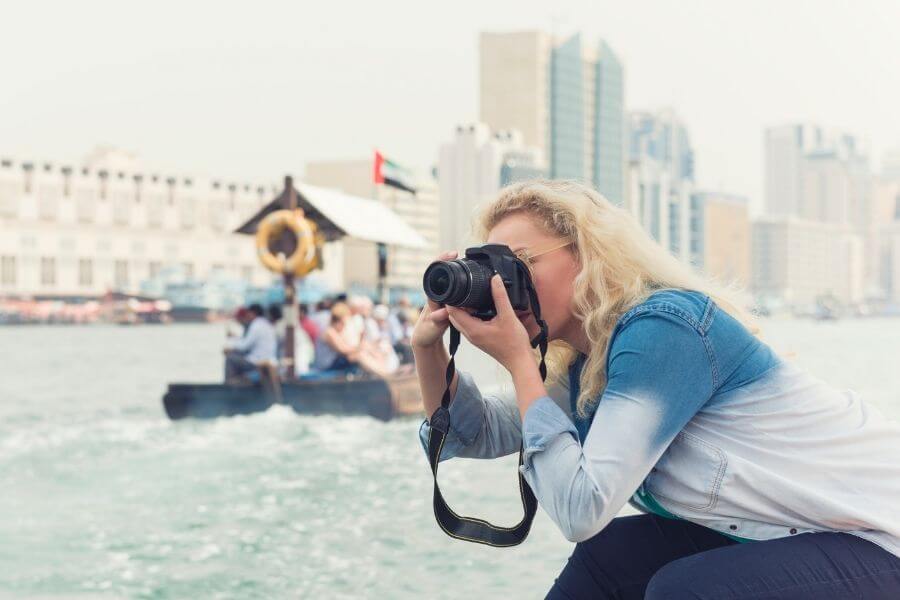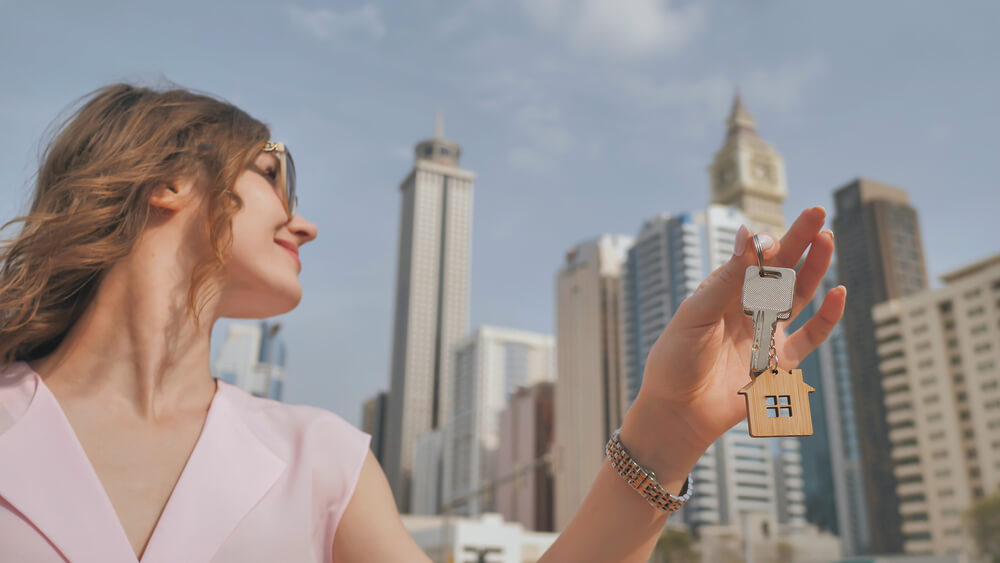In today’s digital world, taking photos in public has become second nature. However, in the United Arab Emirates (UAE), photography is governed by strict privacy and cybercrime laws. Many residents and tourists are unaware that taking or sharing pictures of strangers without consent can lead to severe legal penalties — even imprisonment or hefty fines. Understanding what is permitted and prohibited under UAE law is essential to avoid unintended violations.
Understanding UAE Privacy and Photography Laws
Under Federal Decree-Law No. 34 of 2021 on Combating Rumors and Cybercrimes, taking or publishing photos or videos of others without permission is considered a violation of privacy. This law applies even if the photo is taken in a public place.
- It is illegal to photograph or record:
- Strangers without their consent.
- Individuals in compromising, private, or embarrassing situations.
- Accidents, crime scenes, or public incidents involving others.
Government buildings, military sites, or court premises.
If such images are shared on social media or messaging platforms, the offence becomes more serious. Penalties may include fines up to AED 500,000 and imprisonment, depending on the nature of the violation.
People also read: Self-Defense in UAE Domestic Violence Cases: Understanding Your Legal Rights and Boundaries
When Photography in Public Is Permitted
Photography for personal use, without infringing on anyone’s privacy, is generally allowed. For instance:
- Taking pictures of landscapes, architecture, or public landmarks.
- Photographing events where the subject has given explicit or implied consent.
- Capturing images where no identifiable person’s privacy is violated.
Even in such cases, discretion is key. Always seek verbal or written consent before photographing strangers, especially women and families, to stay compliant with UAE cultural and legal norms.
Legal Consequences of Violating Photography Laws
Unknowingly capturing or sharing someone’s photo online can have serious repercussions under UAE cybercrime and privacy regulations. The law views such acts as an invasion of personal life, regardless of the photographer’s intent. Convictions can lead to fines, deportation, or criminal records, which can severely affect residency and employment status.
How Adv. Sanafer Arakkal of Concept Advocates Helps
Adv. Sanafer Arakkal, founder of Concept Advocates, is a highly skilled UAE criminal and cyber law expert who regularly advises clients on privacy, data protection, and photography-related offenses. He assists individuals by:
- Providing legal representation in cases involving privacy or photography violations.
- Guiding clients through investigations and court procedures to protect their rights.
- Helping expatriates and tourists understand UAE photography laws before legal issues arise.
- Offering strategic defense and settlement options to minimize penalties in genuine, unintentional cases.
With extensive courtroom experience and a deep understanding of UAE privacy law, Adv. Sanafer ensures his clients receive fair treatment and clear legal solutions.
Conclusion
While photography is a common part of everyday life, the UAE enforces strict laws to safeguard personal privacy. Always think twice before photographing strangers or sharing images online. If you face legal challenges related to unlawful photography or privacy violations, consulting Adv. Sanafer Arakkal at Concept Advocates can help you navigate the complexities and protect your rights under UAE law.

